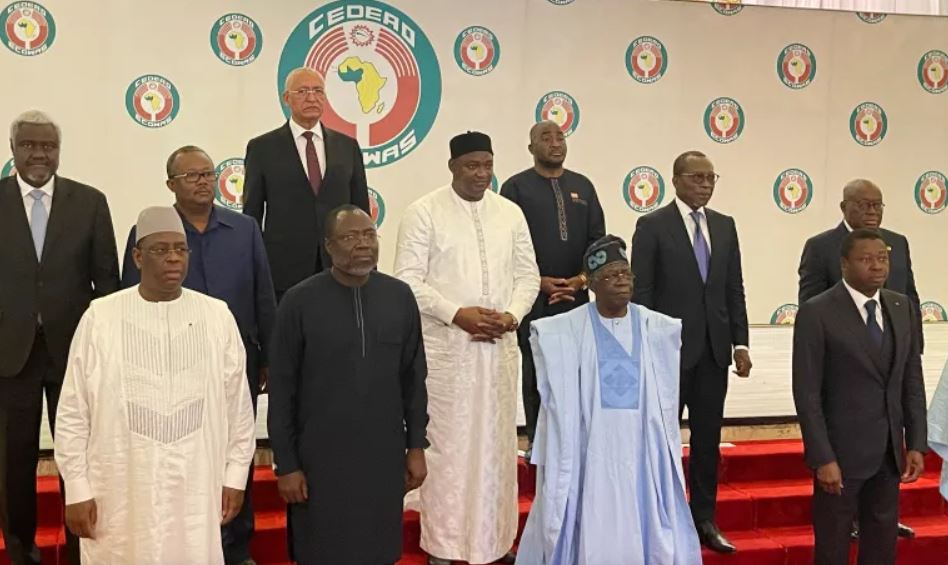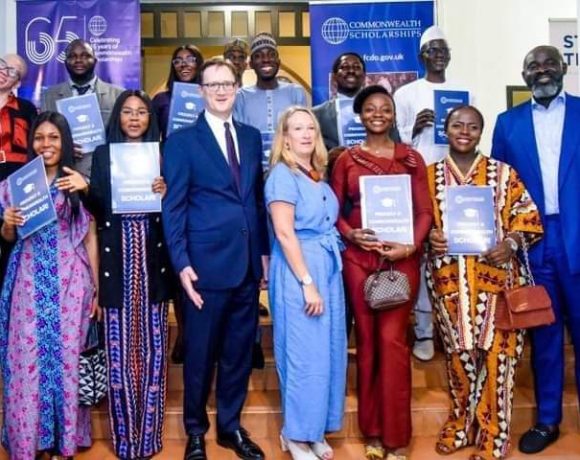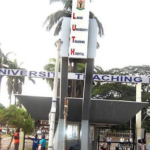Nigeria ERO host General Assembly on how Nigeria can achieve regional self Sufficient in rice production
Partnership and collaboration Strong alliances drive sustainable growth and prosperity in the region, key to regional rice production success in West Africa. Together we thrive, united we prosper.
Nigeria recently hosted the Economic Community of West African States (ECOWAS) Rice Observatory (ERO) meeting in Abuja on Tuesday, May 21, 2024, with the aim of achieving regional self-sufficiency in rice production across West Africa. The theme of the gathering was “Aligning Goals and Charting a Road Map to Accelerate a Competitive Rice Sector in West Africa. During the meeting, Alain Sy Traore, the director for Agriculture and Rural Development at the ECOWAS Commission, highlighted the challenges faced by member states, particularly in light of insecurity issues. He mentioned that various strategies, including the Sustainable Rice Development strategy, have been developed over the years. However, after a decade of implementation and assessment, it was evident that progress was lacking. This realization led to the establishment of the ECOWAS Rice Observatory, bringing together partners, funders, agencies, and institutions to collaborate on implementing effective strategies to enhance the regional rice sector.
Challenges Faced by States Members
Insecurity that farmers are encounter was identified as a significant challenge impacting the rice sector in West Africa. Member states have implemented various strategies to address this issue, including the Sustainable Rice Development strategy. However, progress has been slow, prompting the establishment of the ECOWAS Rice Observatory to foster collaboration and implement effective strategies. Why prices are high is because the cost of production is very high. Just recently we had the electricity tariff increment. We also have the issue of insecurity, our farmers are being attacked and unable to produce as expected, so it is not the fault of millers or farmers. Our farmers are trying, you must be aware of the Rice pyramids because of the anchor borrower’s system, which is government-subsidized and provided. But as of now that we are talking, the issue of insecurity, anchor borrowers support for the farmers, we need them
Rice Harvest – ardnig
Regional Self-Sufficiency in Rice Production
The primary goal of the ERO meeting was to work towards achieving regional self-sufficiency in rice production across West Africa. This initiative aims to address challenges faced by member states and develop strategies to enhance rice production in the region. Smuggling to Nigeria remains a challenge to the country’s efforts at attaining self-sufficiency in the production of rice, a professor of agriculture, Babagan Gambo has said. Mr. Gambo, the lead consultant on agricultural matters to Nigerian Governors’ Forum, said this last Monday, while delivering a paper on ‘Untangling the bottlenecks towards Nigeria’s Agricultural transformation’ at the national symposium on “Fixing the Nigerian Agricultural Value Chain” in Abuja.
National and Common Activities
Member states converged to present their national activities and collaborate on developing common initiatives to improve rice production. The focus was on achieving self-sufficiency and sustainable production to feed citizens in Nigeria and other West African countries. Discussions also centered around supporting Nigerian farmers through initiatives like the anchor borrowers’ support program and Kingsley Uzoma, senior special assistant to the President, SSAP to the President on Agri -Business and productivity enhancement revealed that “President Bola Ahmed Tinubu, upon assuming office in June declared a state of emergency in the food sector, rice is just one component. The President has a very ambitious plan of clearing 500 hectares of farmland for cultivation, for farmers depending on the location, crop of interest or the suitability of the crop within that area, rice-producing states.
Tinubu and the ECOWAS body -ardnig
The ECOWAS Rice Observatory meeting in Nigeria underscored the importance of collaboration, partnership, and collective action in addressing the challenges facing the rice sector in West Africa. The event served as a platform for member states to share strategies, best practices, and lessons learned, with a focus on accelerating the development of a competitive rice sector in the region. By aligning goals and charting a common roadmap, stakeholders are poised to drive sustainable growth, enhance productivity, and promote self-sufficiency in rice production. Moving forward, the commitment to working together and implementing effective strategies will be critical in realizing the vision of a vibrant and resilient rice value chain that benefits farmers and consumers alike across West Africa.












